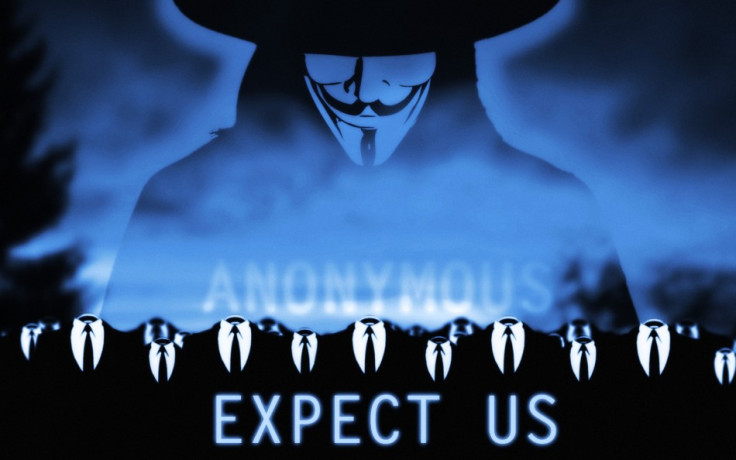AntiSec: Anonymous Hackers Threaten 'Unholy Havok' with New Year's 'Project Mayhem'

Following up its "LulzXmas" attack on security firm Stratfor, Anonymous has revealed its New Year's resolution promising a new "Project Mayhem" hacking rampage.
Reportedly set to begin on 31 December, Anonymous announced the new "Fight Club" themed project on Friday, via a statement on Pastebin. In its statement the collective promised to mount a series of cyber attacks on multiple law enforcement agencies.
"We call upon all allied battleships, all armies from darkness, to use and abuse these password lists and credit card information to wreak unholy havok upon the systems and personal email accounts of these rich and powerful oppressors. Kill, kitties, kill and burn them down... peacefully. XD XD" read Anonymous' statement.
Continuing: "On New Years Eve, there will be 'noise demonstrations' in front of jails and prisons all over the world to show solidarity with those incarcerated. On this date, we will be launching our contributions to project mayhem by attacking multiple law enforcement targets from coast to coast. That's right: once again we bout to ride on the po po. Problem, officer? umad?"
The project was later credited as a part of Anonymous' ongoing Operation Anti-Security. The campaign was announced mid-August, when it and LulzSec rallied under one banner "declaring war" on the world's banks and governments. To date the operation has seen Anonymous target numerous law enforcement agencies including the Italian Police, the FBI, the UK Serious Organised Crime Agency and even NATO.
The name Project Mayhem is a reference to a fictional anti-materialist and anti-corporate operation in the "Fight Club" film and book. The operation saw a group of disenfranchised men mount an ongoing guerrilla campaign against the worlds financial and political powers.
Anonymous did not clarify which countries or agencies would be targeted in the new project, nor whether the attack would see it actually hack the agencies' networks, or simply mount a series of distributed denial of service attacks (DDoS) - attacks designed to bring down websites by overloading them with requests.
For a full look at Anonymous activity in 2011, read the International Business Times UK's sum up piece "2011 The Year of the Hacktivist: When Anonymous Finally Grew-Up."
© Copyright IBTimes 2025. All rights reserved.




















